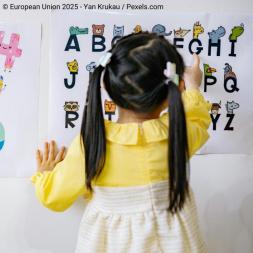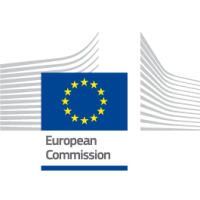
European Commission webinar on reading fluency and comprehension: Key insights and approaches for teachers
Discover effective strategies to enhance pupils’ reading fluency and comprehension across the curriculum. This webinar explores cognitive strategies (decoding, summarising), metacognitive strategies (self-monitoring, questioning), and social strategies (peer discussions, collaborative learning) to support literacy development.
Webinar information
Description
Grounded in Vygotsky’s theory of the Zone of Proximal Development (ZPD), we examine how guided support and social interaction strengthen reading skills. Gain practical, research-based techniques to help students become confident, proficient readers in all subjects.
Watch or re-watch the webinar
Download the presentation used in the webinar
The content of this webinar reflects the views only of the authors. The European Commission does not endorse any views, opinions or advice expressed by the speakers/presenters of this webinar.
About the speakers
Додатне информације
-
Језик:English
-
Target audience:TeacherHead Teacher / PrincipalTeacher Educator
-
Target audience country:
-
Target audience ISCED:Primary education (ISCED 1)Lower secondary education (ISCED 2)Upper secondary education (ISCED 3)


